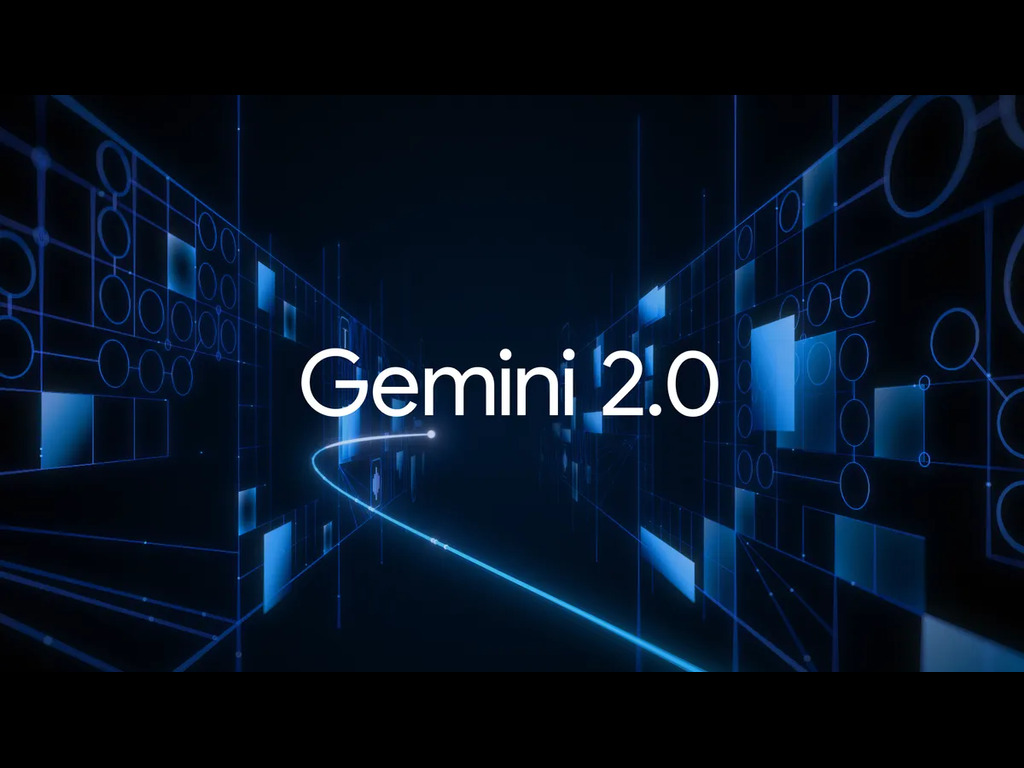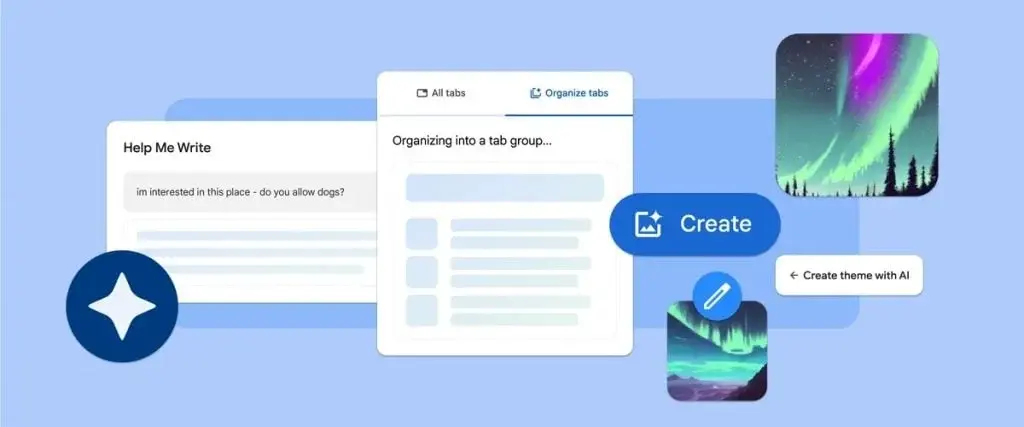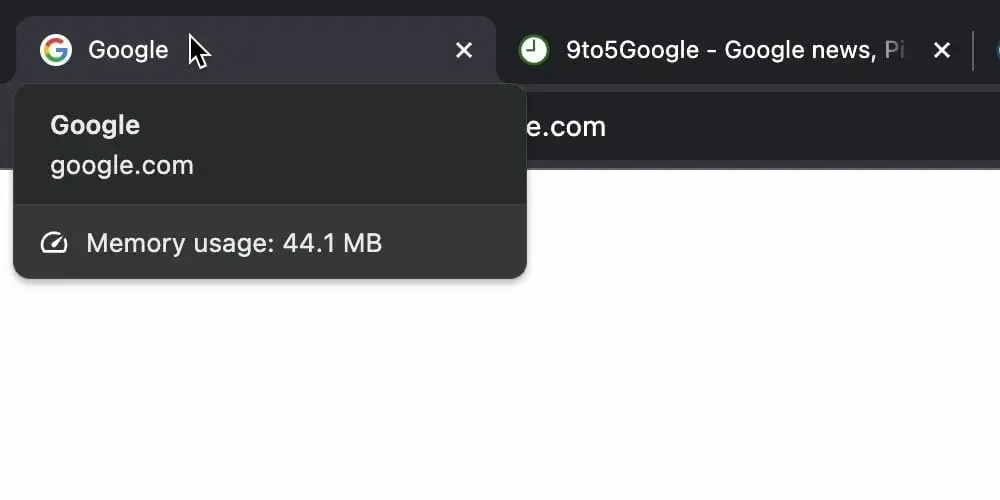Google might be looking to add Gemini Live to the desktop version of the Chrome browser. This speculation began when a user named @Leopeva64 shared information on X about a new button in the tab strip, codenamed GLIC.
New Features in Chrome
When users click this button, it seems to open a new floating window that comes with its own interface and settings. This feature would allow users to manage various options, including microphone permissions. This could suggest that Gemini Live is set to get its own area within Chrome soon.
Currently, Google has kept its voice assistant mainly on mobile devices. Gemini Live, which debuted earlier this year, lets users engage in natural conversations with the AI. It offers multiple voice options and can even operate in the background while a phone is locked.
Rumor and Speculation
The button was discovered in the Chromium Gerrit, which is a code repository associated with the open-source Chromium project. Since the initial find, there have been updates, such as a special system tray icon and the option for users to set their own keyboard shortcuts. However, it’s important to remember that this information is still based on speculation, with GLIC being theorized to stand for Gemini Live in Chrome, and its accuracy remains uncertain.
Source: Link






